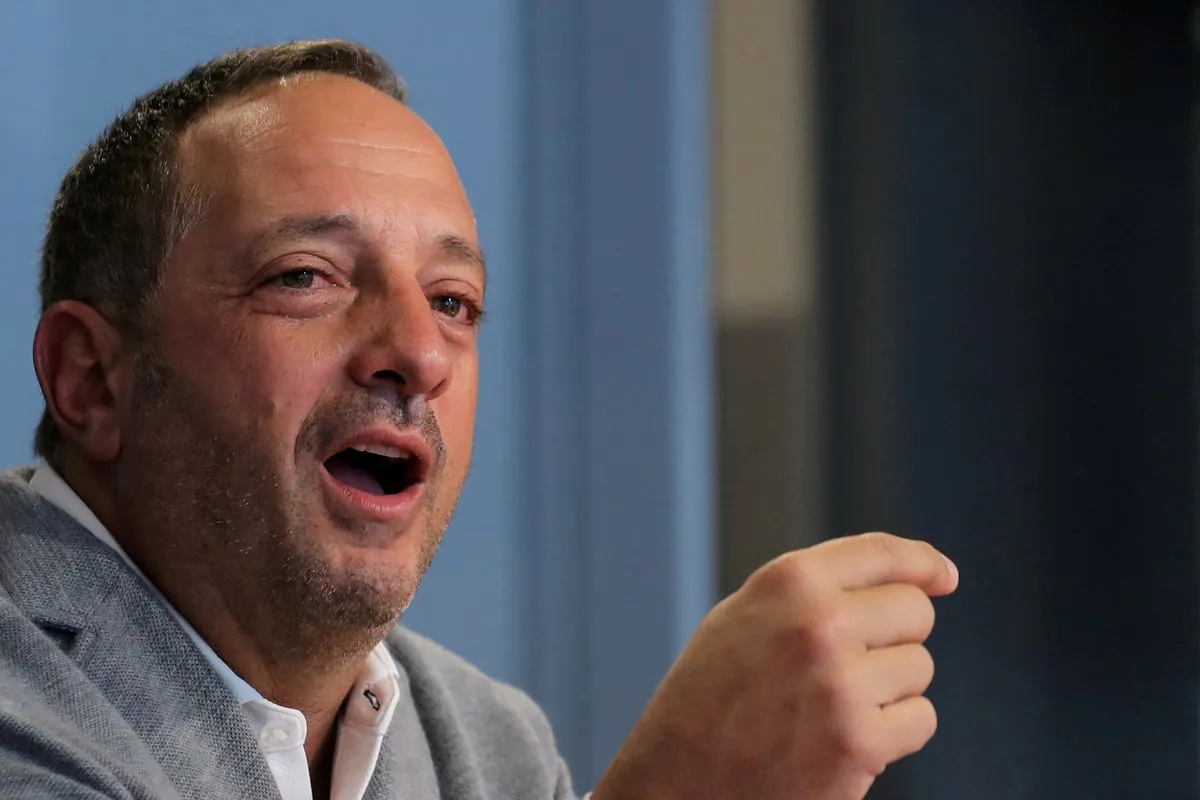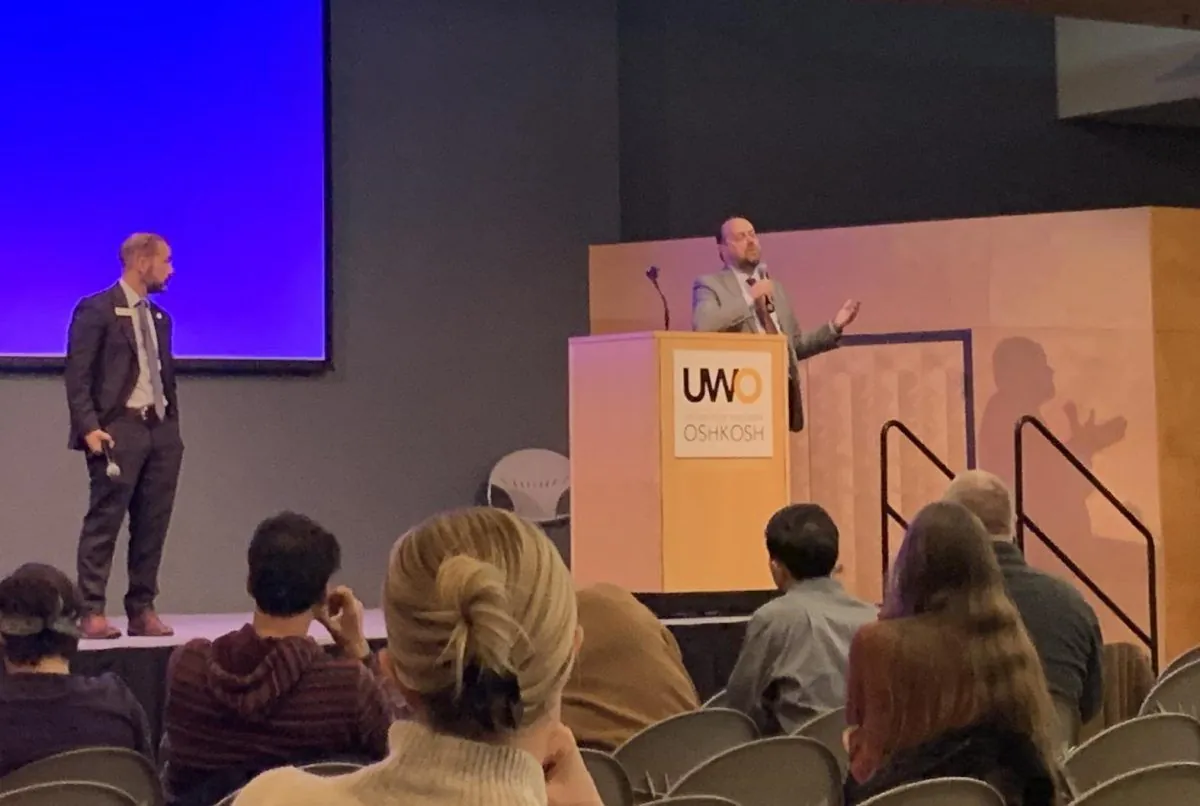Short Seller Andrew Left Seeks Dismissal of SEC Market Manipulation Lawsuit
Andrew Left, founder of Citron Capital, requests dismissal of SEC lawsuit alleging market manipulation through misleading social media comments. Trial set for September 2025 as Left denies charges.

Andrew Left, founder of Citron Capital and a prominent short seller, has requested the dismissal of a lawsuit filed by the U.S. Securities and Exchange Commission (SEC). The legal action, initiated in July 2024, accuses Left of market manipulation and investor deception through misleading social media statements.
Left's legal representative, James Spertus, submitted a court filing arguing that the SEC's case lacks a viable fraud theory and sufficient supporting evidence. The SEC, established in 1934 following the 1929 stock market crash, alleges that Left utilized social media platforms and television appearances to promote his purported long or short positions in various stocks, including Nvidia and Tesla, only to swiftly reverse these positions. This strategy allegedly resulted in profits of up to $20 million.
The case highlights the growing influence of social media on stock market trends and the challenges faced by regulatory bodies in maintaining fair and efficient markets. Short selling, a practice dating back to 17th century Dutch financial markets, has become increasingly complex in the digital age.

Left, who has entered a not guilty plea, has been a prominent figure in the "short activist" community for over a decade. These investors typically bet against public companies they believe are overvalued or engaging in fraudulent activities. The rise of retail investors in recent years has significantly altered the dynamics of short selling.
The SEC's allegations against Left involve multiple stocks, including Nvidia, a major technology company known for its graphics processing units, and Tesla, a leading electric vehicle manufacturer founded in 2003. Both companies have been subjects of intense market speculation and volatility.
"The SEC's case fails to state a claim because it neither alleges a cognizable theory of fraud nor alleges sufficient facts to support the theory alleged."
The trial, originally scheduled for September 2024, has been postponed by a Federal judge in Los Angeles to September 30, 2025. This delay provides additional time for both parties to prepare their cases in what promises to be a closely watched legal battle.
The SEC, empowered by the Dodd-Frank Act of 2010, has the authority to impose fines, seek disgorgement of profits, and bar individuals from the securities industry. The commission's enforcement actions aim to combat various forms of market manipulation, including "pump and dump" schemes and the spread of financial misinformation on social media platforms.
As the case unfolds, it will likely draw attention to the broader issues of market integrity, the role of social media in financial markets, and the evolving nature of short selling in the digital age. The outcome may have significant implications for how regulators approach the intersection of social media and financial markets in the future.


































